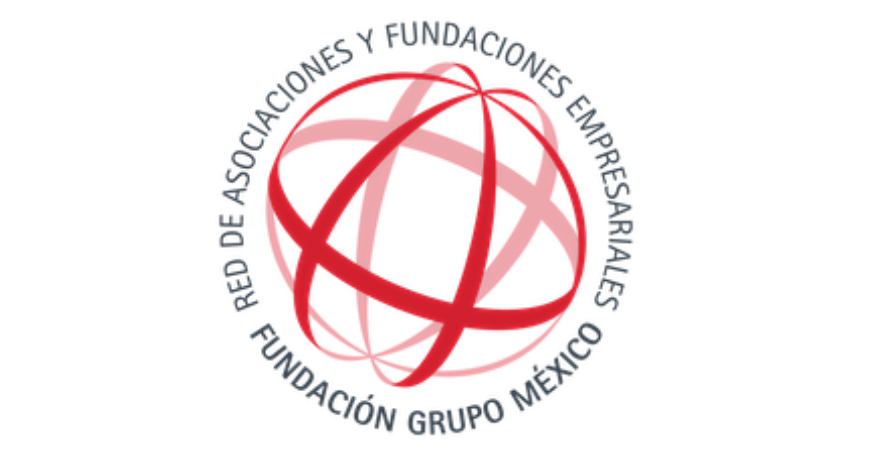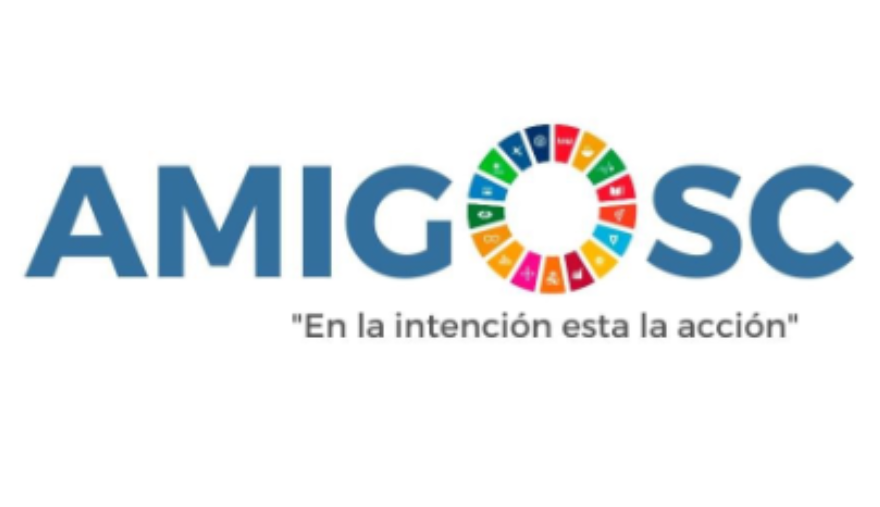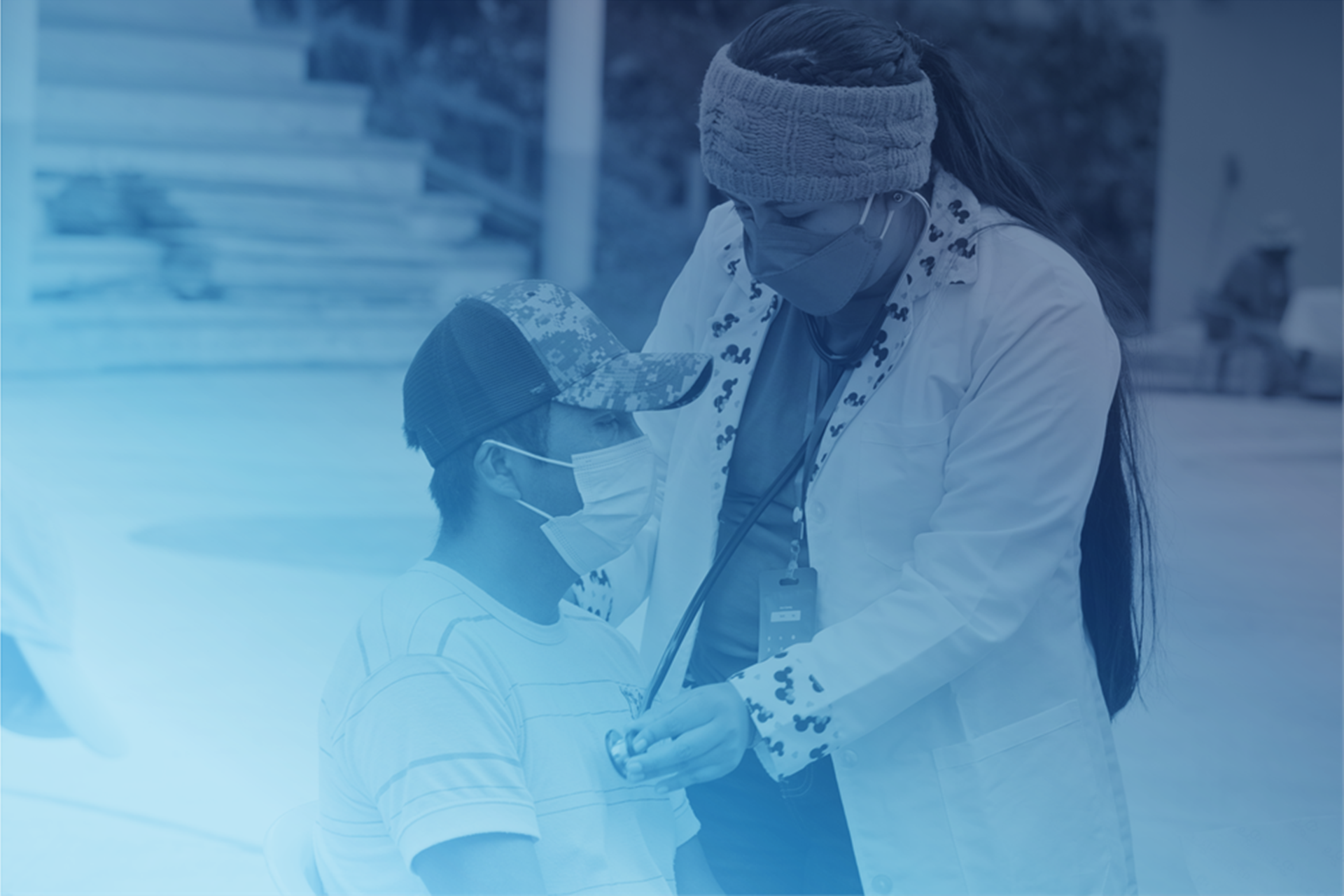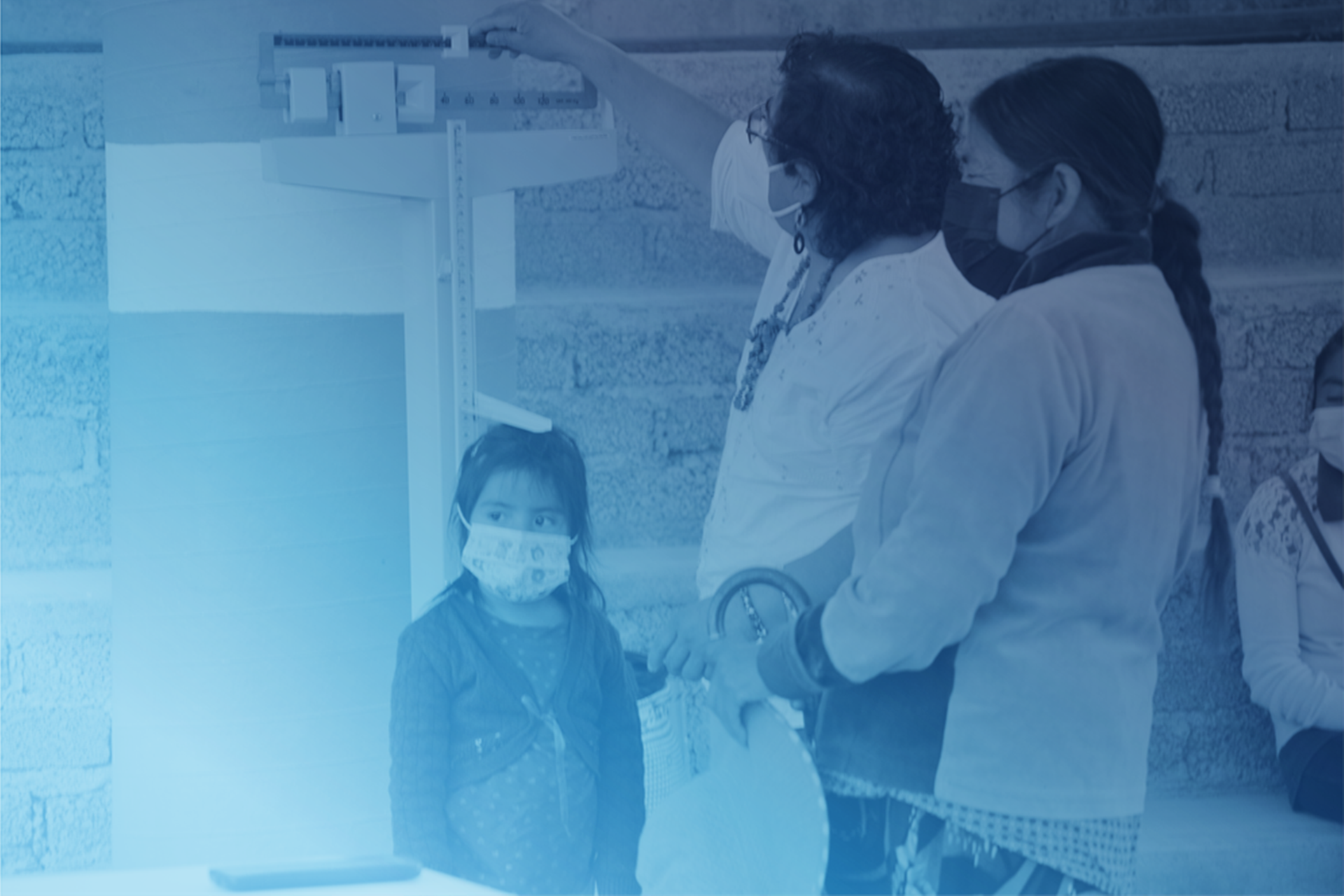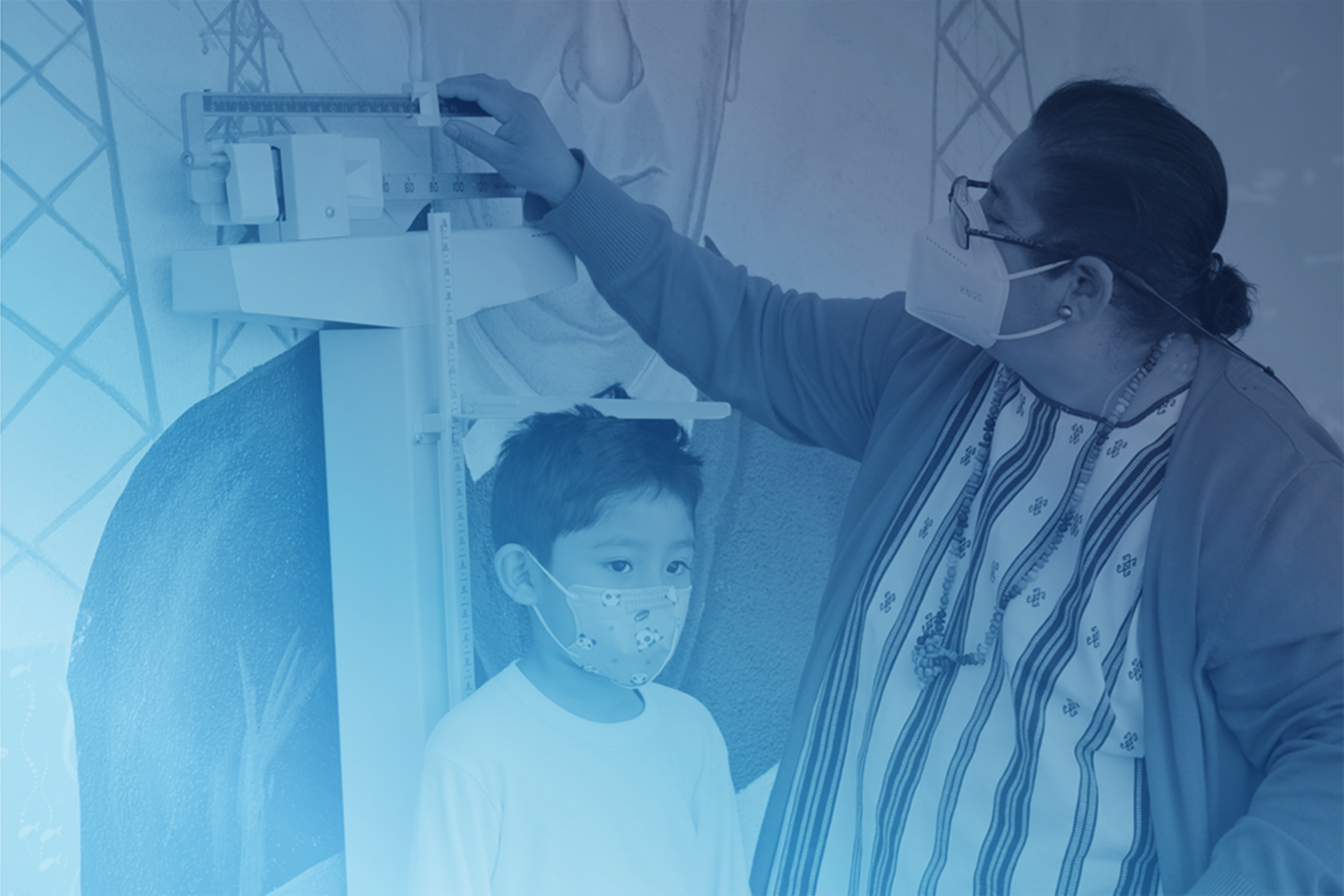Better
health
Tlaxiaco
life
Contribute to reducing the prevalence of type II diabetes mellitus in Mexico through education and comprehensive patient care to improve their well-being and quality of life.
Our History And Founding Partners
Hospitalito de la Mixteca, AC, began in 2018 in the Municipality of La Heroica Ciudad de Tlaxiaco in the Mixteca region of the state of Oaxaca, Mexico.
7 years
of history
Hospitalito de la Mixteca, A.C., was born as a concrete response to an alarming reality: the accelerated growth of type II diabetes mellitus in Mexico, particularly among vulnerable groups in the state of Oaxaca, where access to health services is limited and social exclusion persists.
Faced with the lack of specialized medical care, timely diagnoses, and educational processes that allow people to understand and manage this chronic disease, a group of people diagnosed with type II diabetes mellitus decided to create an institution dedicated exclusively to providing comprehensive care with a humanistic, intercultural, and person-centered approach.
From its inception, Hospitalito de la Mixteca has aimed to intervene through its own comprehensive and systemic care model, structured around five strategic axes: prevention, detection, diagnosis, treatment, and metabolic control of type II diabetes mellitus. This approach has allowed it to serve hundreds of people in vulnerable situations, not only from a medical perspective, but also through psychosocial support, nutritional guidance, and self-care training.
Over time, Hospitalito de la Mixteca has strengthened its community presence through partnerships with public and private institutions, establishing itself as a reference point for people facing geographic, economic, and cultural barriers to healthcare.
Life story of Nancy Rodríguez Bautista has shown unbreakable strength in her fight for life. A loving mother, a brave wife and a tireless woman, she faces each day with the hope of receiving a kidney transplant that will allow her to continue enjoying her family. Her son Santiago, with the tenderness of his innocence, has already chosen a name for the kidney that will change their lives: «Salvador.»
Nancy has been through hospitalizations, painful procedures and moments of uncertainty, but her desire to live remains intact. With type A-RH-positive blood, she is looking for that generous person who can give her a second chance.
You can be the hero in her story. If it’s in your heart to help, learn about living kidney donation and join Nancy’s hope.
Share her story and help her find her Savior!
#AKidneyForNancy
«Your generosity can make a difference in Nancy’s life. If you’d like to help, please contact us for more information.»
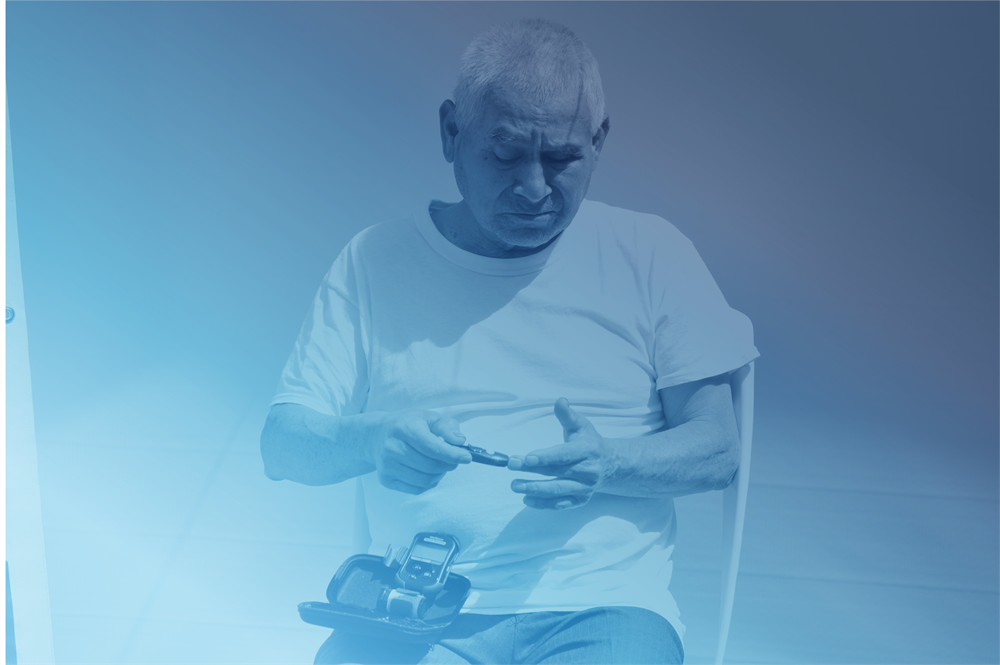
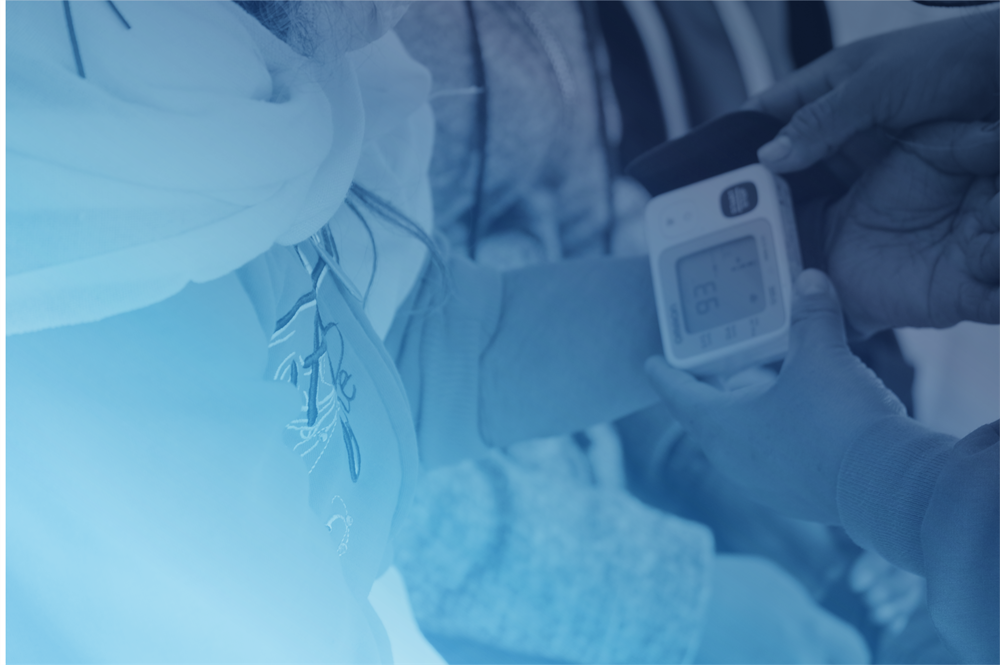
Where do we work?
Currently in the state of Oaxaca due to lack of access to health services.
The 2018 National Health and Nutrition Survey (ENSANUT) reveals that in the country just over a fifth (22%) of girls and boys under 5 years of age are at risk of being overweight.
In 2018, the age group that reports the highest prevalence of obesity in the country is the group between 30 and 59 years: 35% of men and 46% of women suffer from it.
The population aged 20 years and over with a previous diagnosis of diabetes in the country is 8,542,718 (ENSANUT) 2018.
In 2020, 151,019 people died from diabetes mellitus, which is equivalent to 14% of all deaths (1,086,743) that occurred in the country; 78,922 deaths in men (52%) and 72,094 in women (48%), INEGI.
The mortality rate from diabetes in the country for 2020 is 11.95 people per 10,000 inhabitants, the highest figure in the last 10 years, INEGI 2020.
Life expectancy in the country is 75.2 years.
In the state of Oaxaca, the population with a lack of access to health services is 1,233,400, CONEVAL 2020.
Life expectancy in the state of Oaxaca is 74.2 years.
In the state of Oaxaca, the population aged 20 years and older with obesity is 30.5%, with a previous diagnosis of hypertension it is 17.1% and with a previous diagnosis of diabetes it is 10.5% (ENSANUT) 2018.
Deaths due to diabetes mellitus in the state of Oaxaca in 2020 were 5,004 deaths, INEGI 2020.
Hospitalito de la Mixteca AC, is located in the municipality of the Heroic City of Tlaxiaco in the Mixteca region of the State of Oaxaca, Mexico.
Governing Body
The assembly of associates is the supreme organ of Hospitalito de la Mixteca AC.
- The assembly of associates is the supreme organ of Hospitalito de la Mixteca AC
- The administration of the Hospitalito de la Mixteca AC is in charge of a Board of Directors.
- The associate assembly is held every six months to follow up on the changes or adjustments of the Strategic Plan.
- The regulation of Hospitalito de la Mixteca AC, establishes the rules and procedures that will govern the activities as well as the responsibilities of the associates, collaborators and participants.
Board Of Directors
The administration of Hospitalito de la Mixteca AC is in charge of a Board of Directors.
President

Secretary
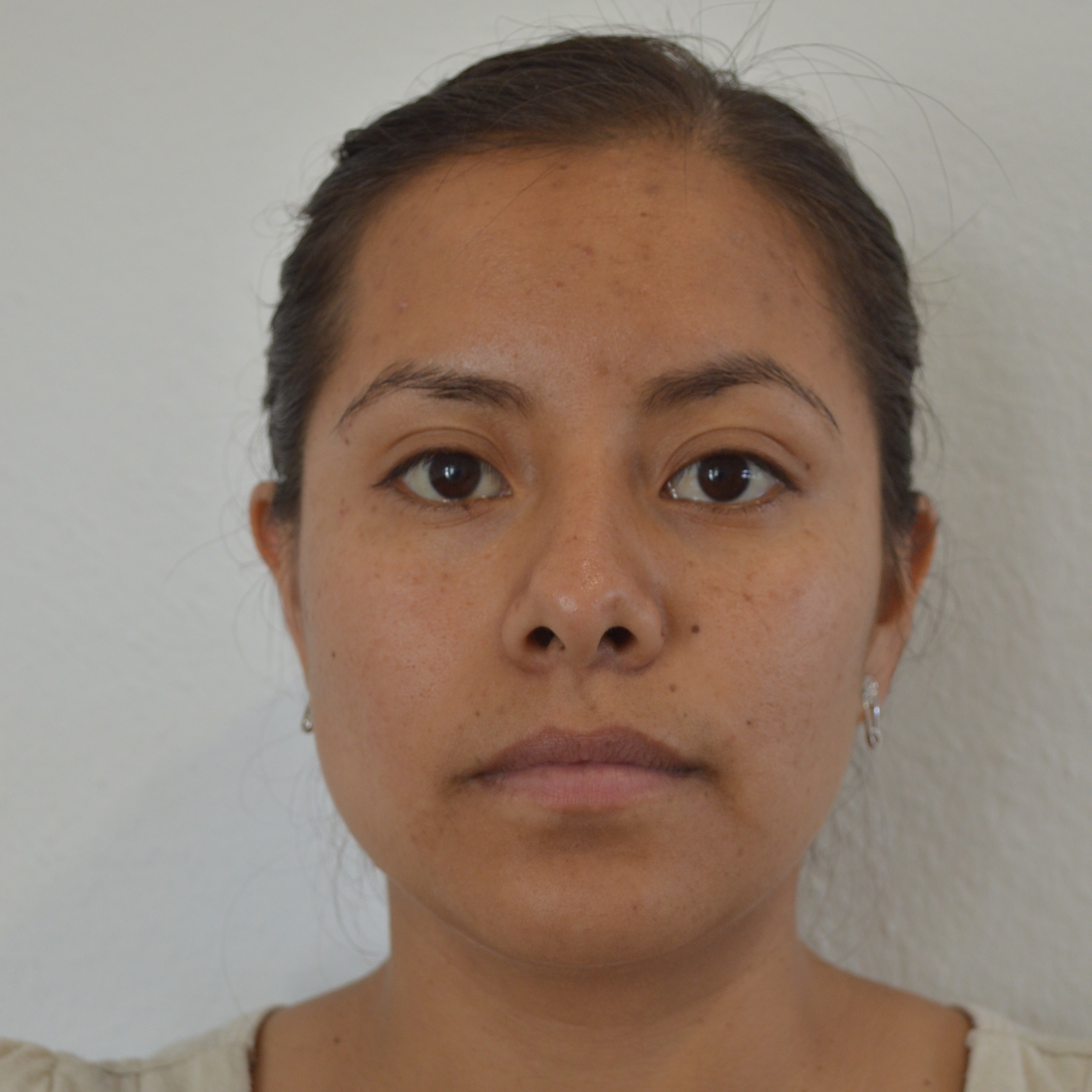
Treasurer
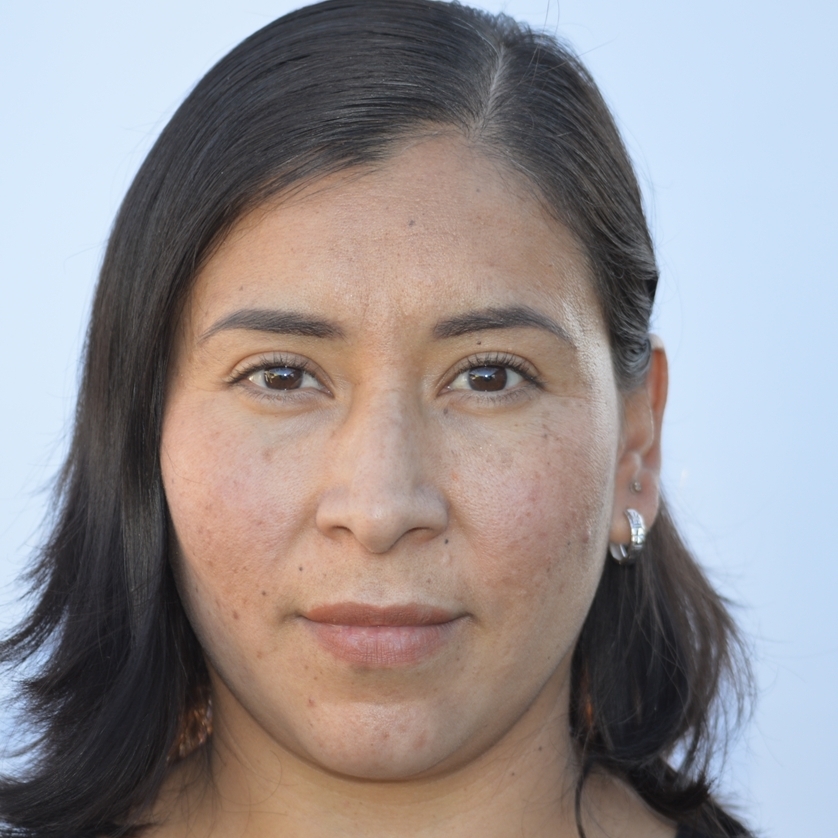
Team Of Collaborators
We work from the cooperation and co-responsibility of people in the face of common interests, with volunteers, donors and organizations through networks and alliances.
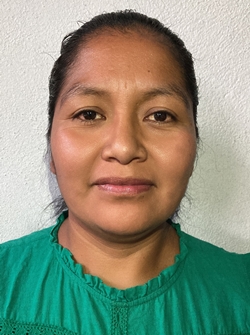
General Director
Felipa Velasco Morales

Medical Director
Nahún Richard Osorio Sánchez
¿About Us?
At Hospitalito de la Mixteca A. C., we contribute to reducing the prevalence of type II diabetes mellitus.
Hospitalito de la Mixteca AC, was founded in 2018 as a legally constituted, secular, non-partisan, non-profit Mexican Civil Society Organization (CSO), we have the authorization of the Tax Administration Service (SAT) to receive tax-deductible donations in Mexico and abroad, in terms of the Income Tax Law.
Mission
Contribute to reducing the prevalence of type II diabetes mellitus in Mexico through comprehensive education and care initiatives aimed at vulnerable groups facing limited access to health and social security services, thus improving their well-being and quality of life.
Vision
Consolidate its position as a national benchmark in comprehensive care, education, and prevention of type II diabetes mellitus, especially in vulnerable populations with limited access to health services, contributing to equity in health care and the sustainable well-being of communities.
Institutional Values
- Responsibility
- Respect
- Honesty
- Transparency
- Human quality
- Integrity
- Commitment
Our Principles
We support without any discrimination of race, sex, religion, philosophy or politics.
We act with universal ethics, impartiality, neutrality, independence and volunteerism.
We support without any discrimination of race, sex, religion, philosophy or politics.
We support without any discrimination of race, sex, religion, philosophy or politics.
Strategic Objectives
- Type II Diabetes Mellitus Prevention:
Promote healthy lifestyles and strengthen community health education to prevent the onset of type II diabetes mellitus and reduce the risk of acute and chronic complications among the vulnerable population.
- Prediabetes and Type II Diabetes Mellitus Screening:
Increase coverage and timeliness in the detection of prediabetes and type II diabetes mellitus in people aged 20 years and older, or from puberty in cases at risk, through rapid testing and systematic community screening.
- Prediabetes and Type II Diabetes Mellitus Diagnosis:
Guarantee timely access to accurate diagnostic services for the identification of cases of prediabetes and type II diabetes mellitus through clinical laboratory studies that support appropriate medical intervention.
- Treatment of type II diabetes mellitus:
Provide comprehensive and continuous treatment to people diagnosed with type II diabetes mellitus, combining non-pharmacological, pharmacological, educational, and psychosocial interventions, with a focus on the patient and their family.
- Metabolic management:
Consolidate a personalized medical follow-up system for metabolic management of patients with type II diabetes mellitus, ensuring treatment adherence and sustained improvement in their quality of life.
Intervention Model
The intervention model is carried out based on conceptual approaches that in turn help us to define the changes we seek to achieve together with the subjects of rights, through Management for Development Results (MpRD), the Approach Based on Human Rights (BHR), Logical Framework, Theory of Change and contributes to the achievement of the Sustainable Development Goals (SDG) of the 2030 Agenda.

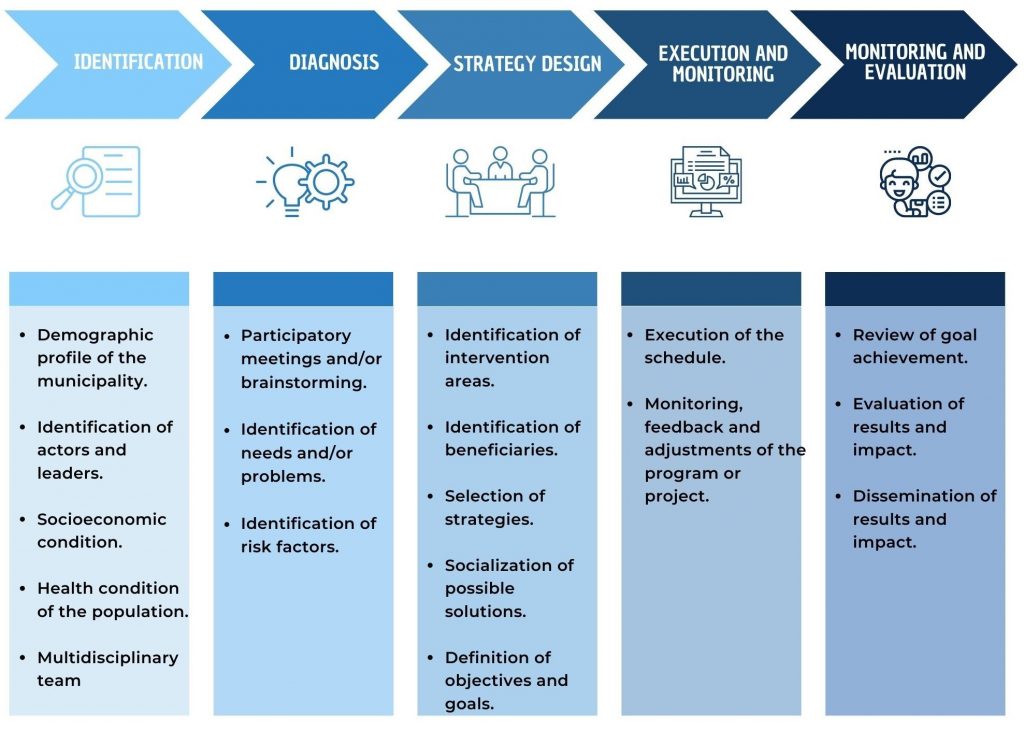
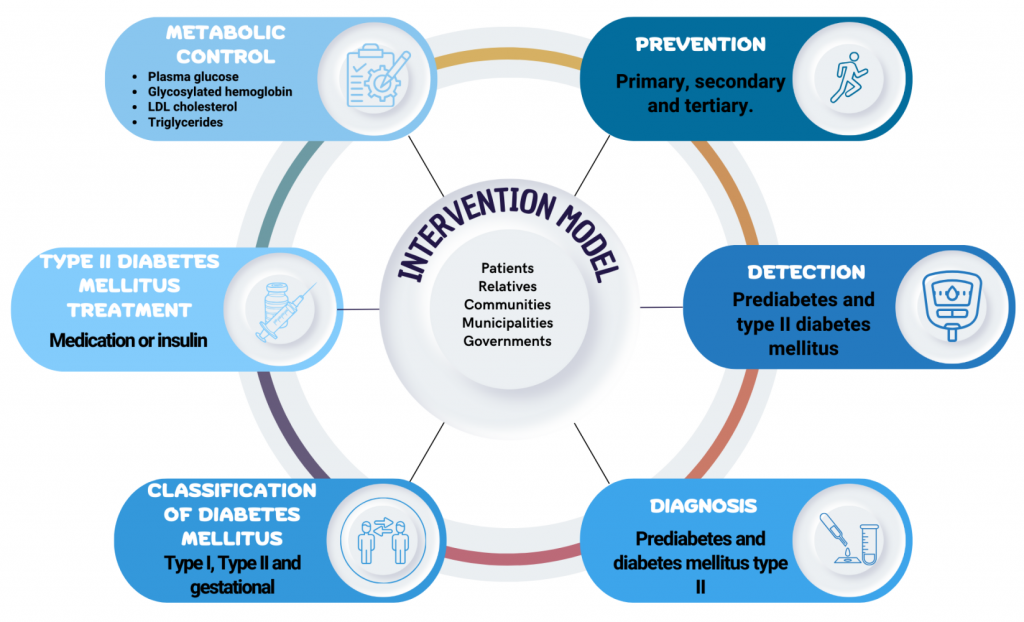
Intervention model strategy
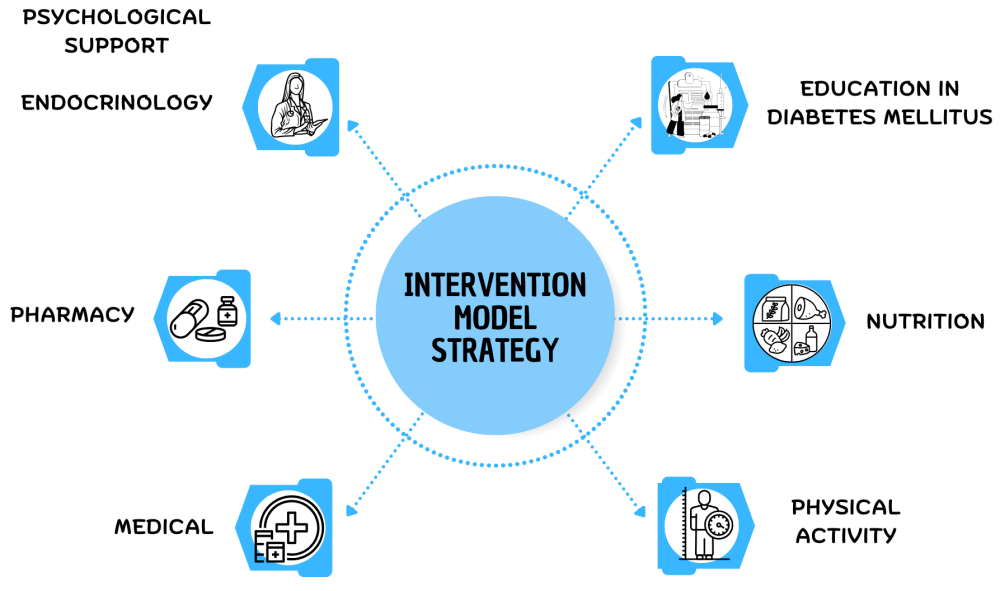
Intervention Model – Logical Framework
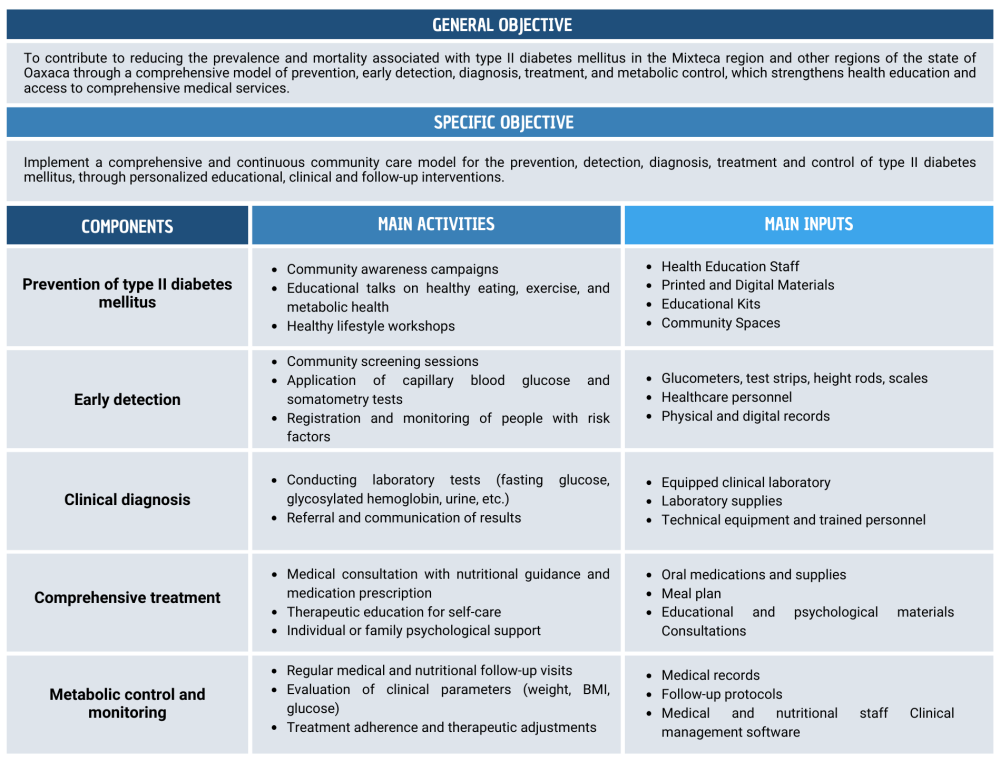
Admission and exit profile
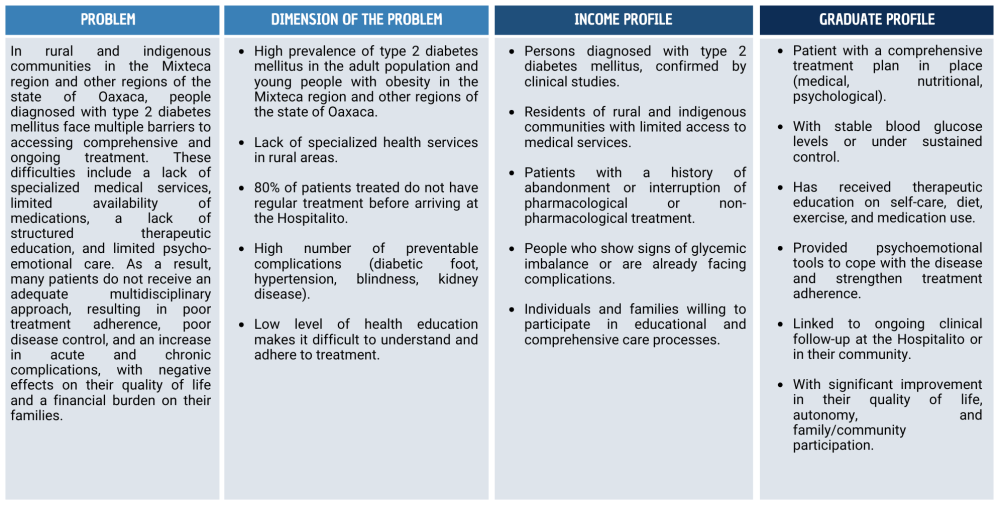
Added value
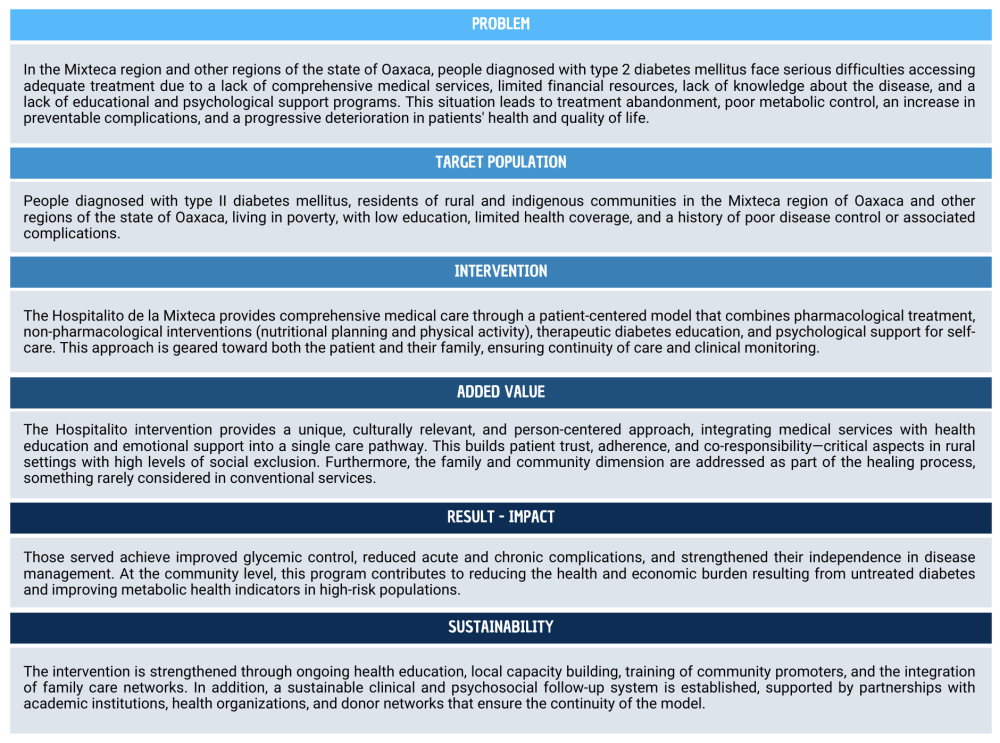
Theory of change
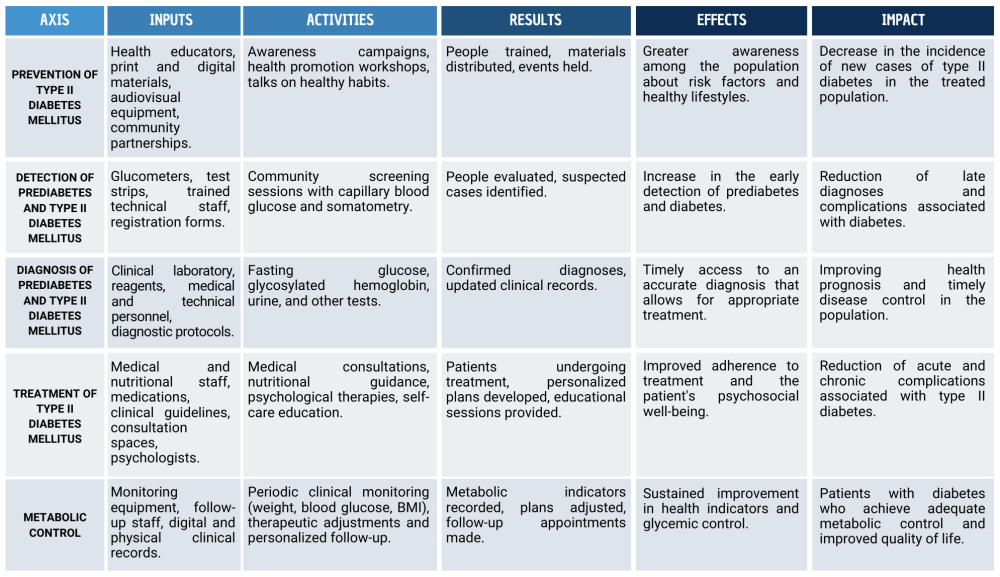
Results
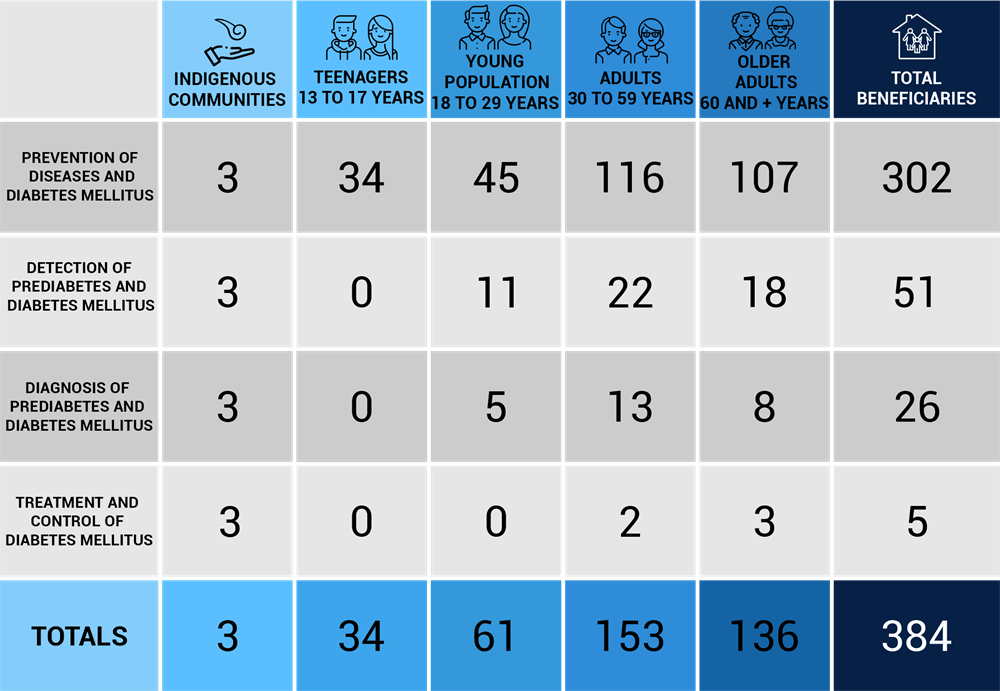
Strategic Planning
The 2025-2030 Strategic Plan of Hospitalito de la Mixteca, A.C., is the backbone that will guide our work over the next five years in the Mixteca region and other priority areas of the state of Oaxaca. This plan lays out a clear path to consolidate our comprehensive model of care for type 2 diabetes mellitus and expand our impact in communities facing profound inequalities in access to healthcare.
Based on evidence, community engagement, and a vision of social justice, the Strategic Plan establishes concrete objectives to strengthen our five pillars of intervention: prevention, detection, diagnosis, treatment, and metabolic control. It also includes the expansion of services, institutional strengthening, innovation in health education, and the establishment of key partnerships at the local, state, and national levels.
Through this plan, we seek not only to address the disease but also to transform the environments that cause it, promoting healthy lifestyles, empowering people in vulnerable situations, and contributing to a more equitable and healthy region.
This strategic commitment reflects our conviction: health is a right, not a privilege.
Strategic Allies
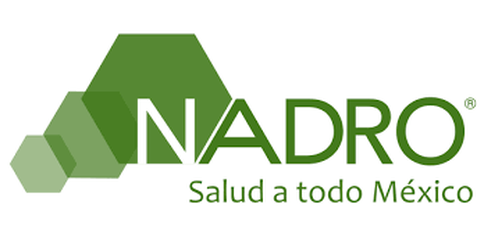

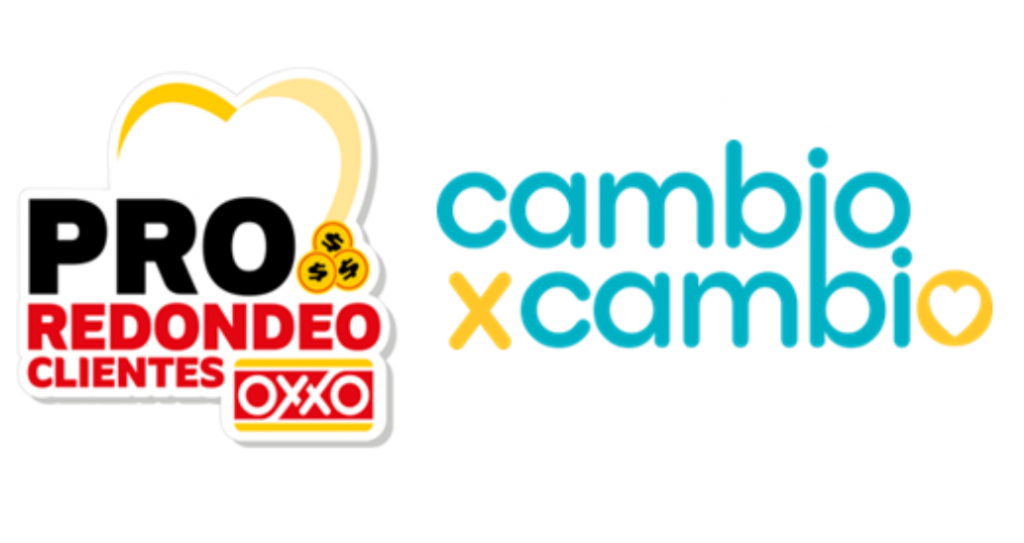
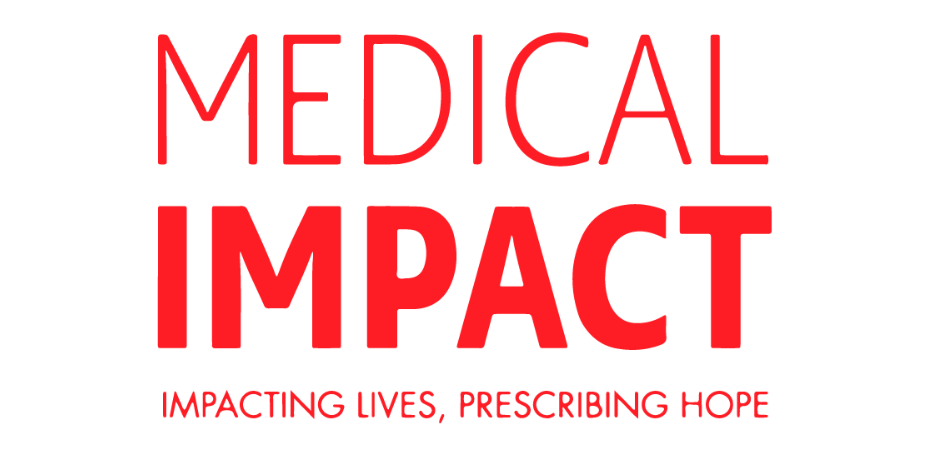
Allies In Networks
